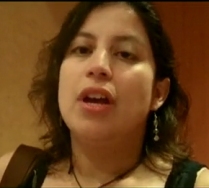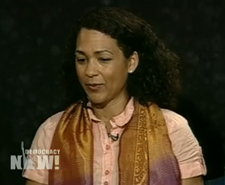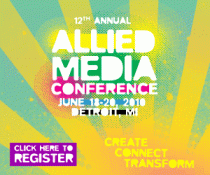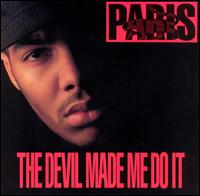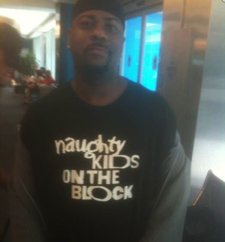Google-Verizon Pact Worse than Feared
 In response to Google and Verizon’s “policy framework” unveiled today, MoveOn.Org Civic Action, Credo Action, the Progressive Change Campaign Committee, ColorofChange.org and Free Press, all members of the SavetheInternet.com Coalition, issued the following joint statement:
In response to Google and Verizon’s “policy framework” unveiled today, MoveOn.Org Civic Action, Credo Action, the Progressive Change Campaign Committee, ColorofChange.org and Free Press, all members of the SavetheInternet.com Coalition, issued the following joint statement:
“The Google-Verizon pact isn’t just as bad as we feared — it’s much worse. They are attacking the Internet while claiming to preserve it. Google users won’t be fooled.
“They are promising Net Neutrality only for a certain part of the Internet, one that they’ll likely stop investing in. But they are also paving the way for a new ‘Internet’ via fiber and wireless phones where Net Neutrality will not apply and corporations can pick and choose which sites people can easily view on their phones or any other Internet device using these networks.
“It would open the door to outright blocking of applications, just as Comcast did with BitTorrent, or the blocking of content, just as Verizon did with text messages from NARAL Pro-choice America. It would divide the information superhighway, creating new private fast lanes for the big players while leaving the little guy stranded on a winding dirt road.
“Worse still, this pact would turn the Federal Communications Commission into a toothless watchdog, left fruitlessly chasing complaints and unable to make rules of its own.
“This is not real Net Neutrality. And this pact would harm the millions of Americans who have pleaded with our leaders in Washington to defend the free and open Internet. President Obama, Congress and the FCC should reject this deal, restore the authority of the agency that’s supposed to protect Internet users, and safeguard Net Neutrality once and for all.”
Free Press is a national, nonpartisan organization working to reform the media. Free Press does not support or oppose any candidate for public office. Through education, organizing and advocacy, we promote diverse and independent media ownership, strong public media, and universal access to communications. Learn more at www.freepress.net

